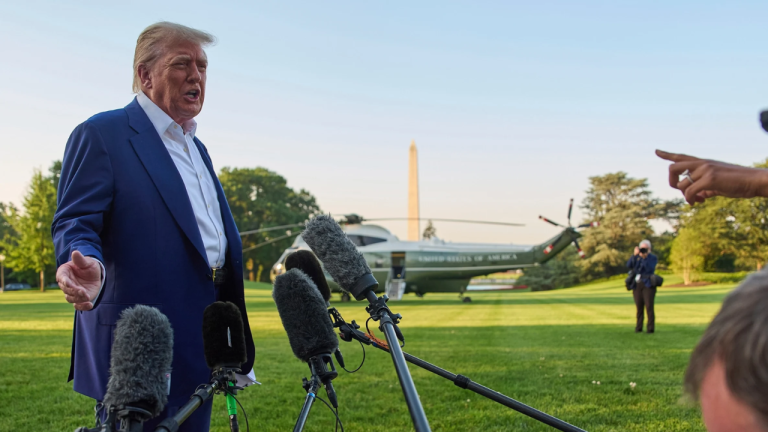El Salvador Offering to House U.S. Felons in the Mega Prison: Hugging Trump’s Thigh Amid Tariff Wars to Reap Economic Benefits
El Salvador’s latest move, which has captivated the world’s attention, involves offering to house U.S. felons amid tariff discussions. This proposal is presented as a strategic attempt to strengthen alliances with the United States while potentially reaping economic gains.
In a bold and unprecedented offer, El Salvador has proposed housing U.S. felons in its new mega prison. This move is seen as an effort to forge closer ties with the U.S. administration, particularly amid escalating tariff talks
El Salvador’s mega prison, recently inaugurated with a capacity to hold 40,000 inmates, is being touted as a solution to America’s overcrowding issue. The proposal has been met with both intrigue and skepticism, as it raises questions about legal and ethical implications
The idea came to the fore during a discussion with U.S. Secretary of State Marco Rubio, provoking a mix of diplomatic and media reactions. The prison, located in San Salvador, is a fortress-like structure built with the intention to effectively house high-risk inmates.
Economic benefits are at the heart of El Salvador’s proposal, as the country grapples with economic challenges. Hosting American prisoners could potentially introduce new revenue streams through international agreements.
However, this raises significant legal challenges, as there are constitutional debates regarding the deportation of American citizens. Critics argue that such a move could violate fundamental human rights and legal standards.
Despite the controversy, the Salvadoran administration maintains that it can offer advanced correctional facilities. The mega prison is equipped with state-of-the-art security features, allegedly making it one of the most secure facilities in the region.
From a social perspective, this proposal has already garnered widespread attention and sparked a hotbed of discussions. Citizens and legal experts alike are debating the macroscopic implications of such an international arrangement.
Politically, this initiative might serve as a strengthening of ties between President Nayib Bukele and the U.S. administration led by Donald Trump. This strategy could align El Salvador more closely with the U.S. priorities in the region.
Yet, not all voices are supportive, with human rights organizations voicing strong concerns about the ethical nature of this plan. They argue that shipping convicts across borders may amount to a modern-day deportation strategy with questionable morality.
The proposal underscores El Salvador’s tough stance on crime and its ambitious plans to reform its justice system. In recent years, the country has taken stringent measures to crack down on organized crime, making this proposal a bold next step.
Publicly, the narrative from San Salvador presents this as a golden opportunity to showcase its facilities and capabilities on a global stage. However, behind closed doors, discussions reveal logistical complexities and legal intricacies that still need to be ironed out.
Facing an uncertain international response, El Salvador is keen on leveraging this plan as a pivotal economic and diplomatic gamble. The country seeks to recalibrate its position within the geo-political landscape of Central America, using this proposal as a catalyst.
Ultimately, the reception of this offer will play a crucial role in the directions that U.S. and Salvadoran relations will take. It also reflects broader discussions about international cooperation in crime and correctional policies.







